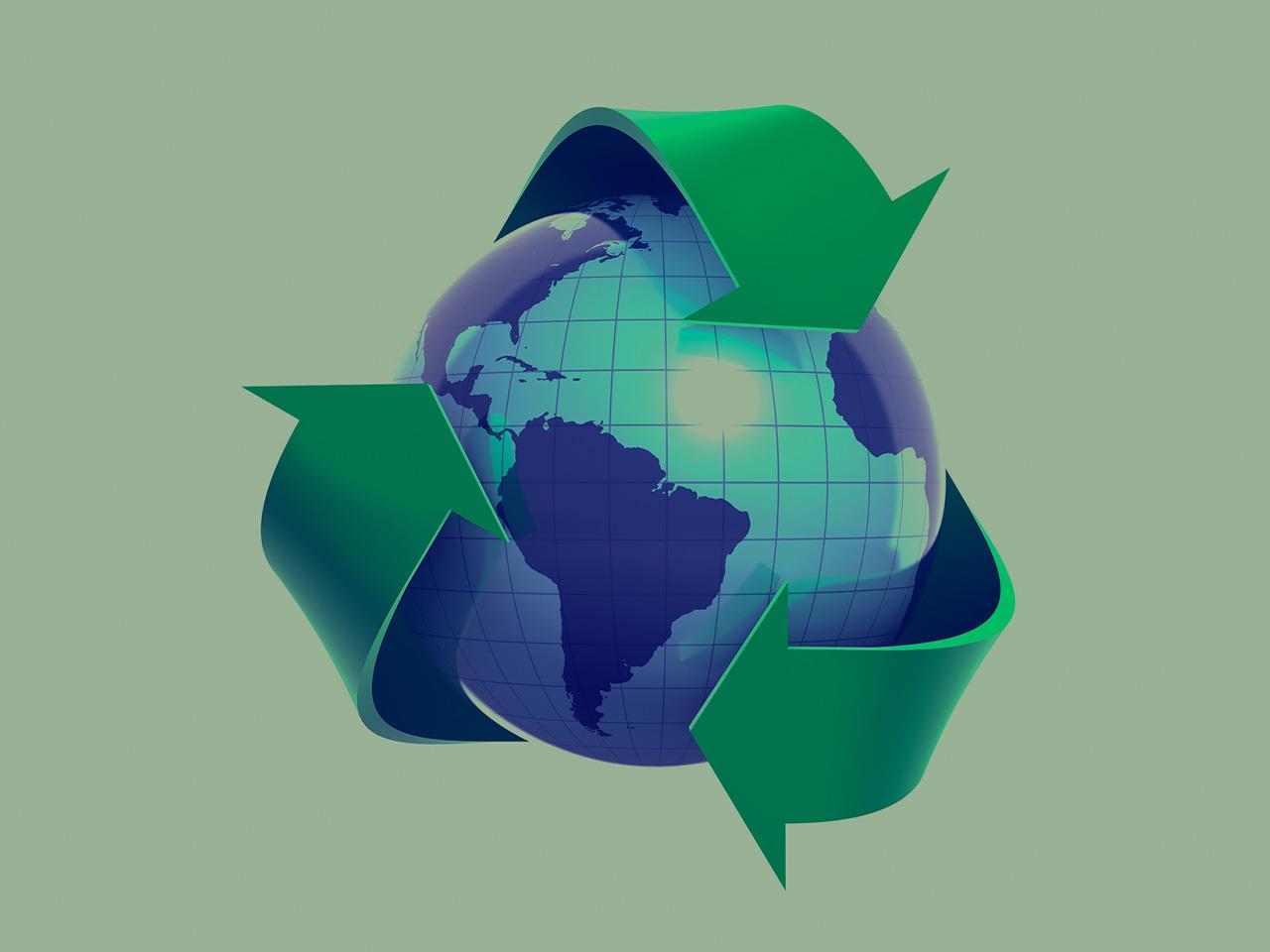Welcome to
On Feet Nation
Members
Blog Posts
Buy Norco Online
Posted by smithmorgan on July 29, 2024 at 2:27pm 0 Comments 0 Likes
Top Content
Time Management Strategies: Get More Done, Better And Faster
In any business a certain amount of waste is unavoidable. Therefore, forget the idea of avoiding it altogether; rather, take a realistic view, think of it as waste management. And be careful to always distinguish between being thrifty and being tight-fisted.

The liquid waste from septic tanks would become mixed with surface water in our wet season. Families would have human excrement rising-up inside their houses. So the adults would pump the excess liquid into the streets and backyards where children played. The adults shifted the problem out of their houses, to somewhere else [their backyards and the street]. Unfortunately, children's hands go into mouths from contaminated soil. When this happens you soon have kids screaming in pain, being rushed off to hospital!
waste management also means stopping waste before it starts. It means saving energy and conserving when and where you can. A sad but truthful tip to getting many people to conserve energy is to make them convince themselves that every bit of wasted energy costs them money. If you start thinking like that--that every minute you leave the light on when you are not in the room costs you five dollars--you would be amazed at how much more energy efficient you are.
Establish your routine and stick to it! Of course there will be 'things' that happen to get in the way of your daily work, but try to ensure you follow your routine as much as possible. Daily chores, such as reading and replying to emails can devour a good part of your day. Be strict with yourself and set a time limit for this - then stick to it!
Prioritize: When you make your daily to-do list, prioritize the most important tasks. Complete the most important tasks first so that if something comes along and derails your plans, you won't have to worry about not doing something vital.
Plus, even better, you could think of ways to reduce your own waste. That would help the environment and ease the burden on the many waste facilities, which cost a lot to run and maintain.
The toughest part of waste management is simply not buying things you don't really need. Be honest with yourself, before waste management making a purchase, about whether you truly need that item or not. Do you really need to get a new one, or can you find what you are looking for used, and for a fraction of the price? When you practice these four R's regularly, you can effectively reduce your waste and do your part for the environment.
© 2024 Created by PH the vintage.
Powered by
![]()
You need to be a member of On Feet Nation to add comments!
Join On Feet Nation